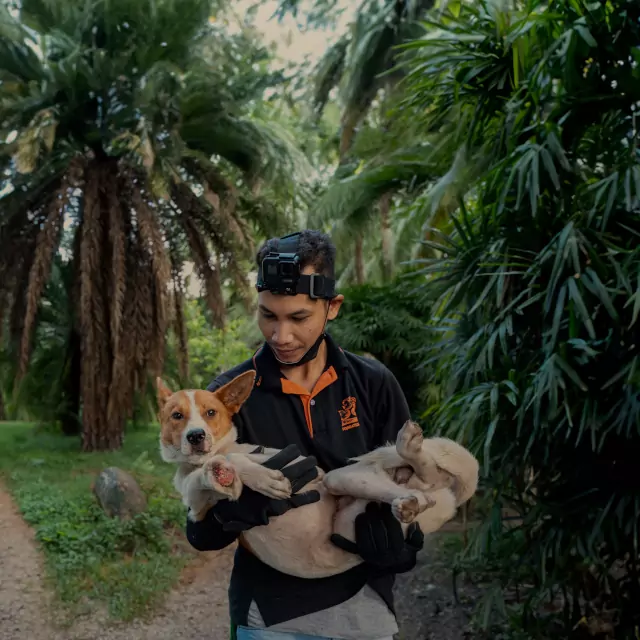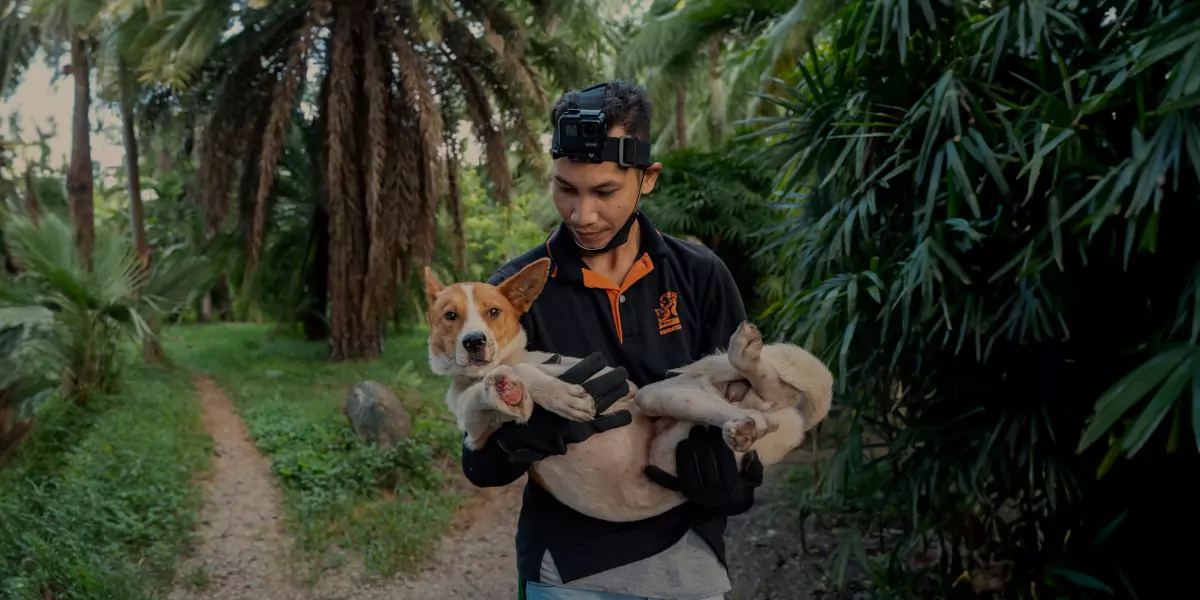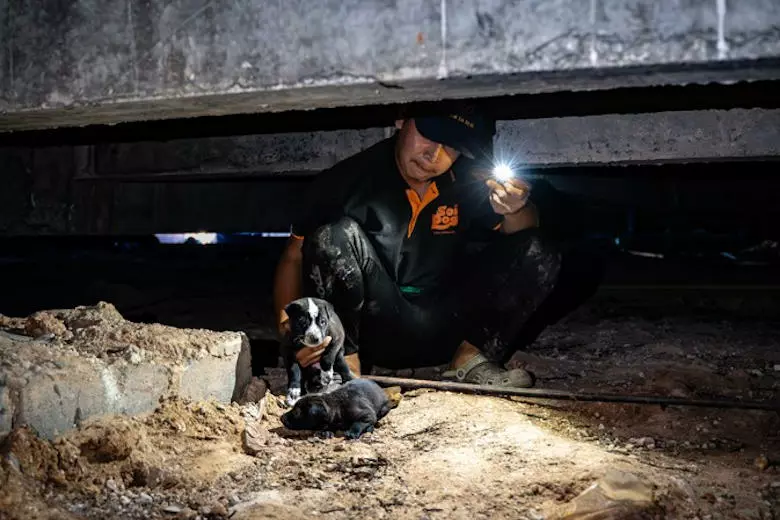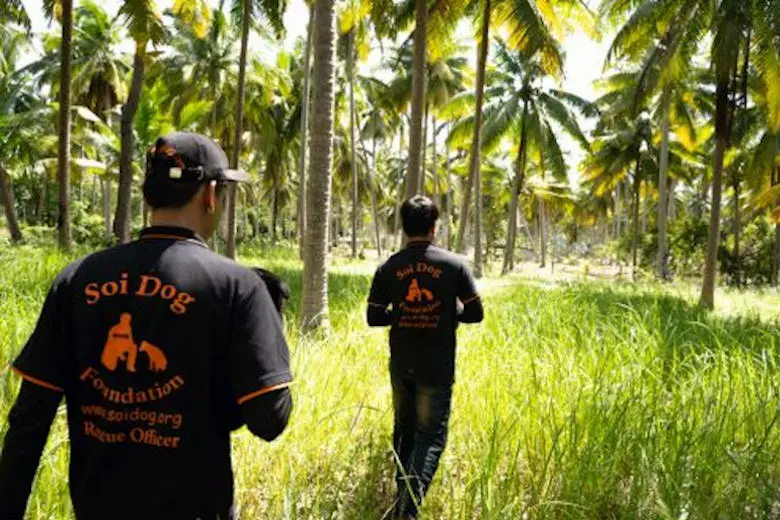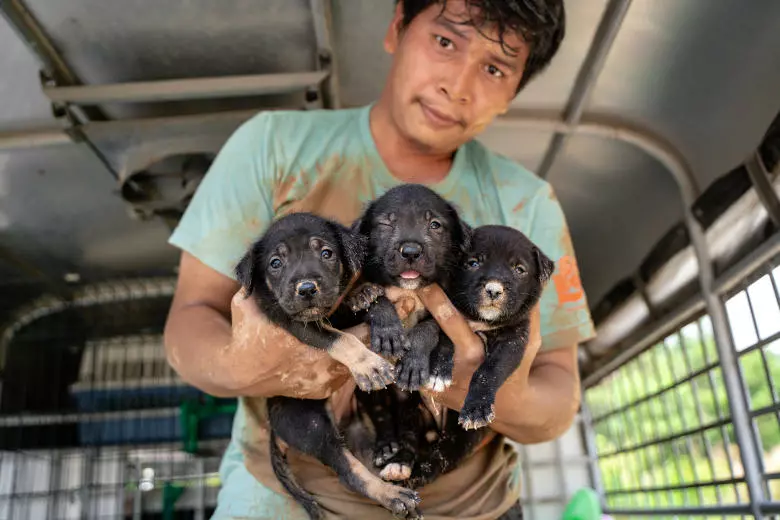Soi Dog's rescue officers respond to animal emergencies and reports of stray dogs or cats requiring hospital treatment. We handle between 1,200 and 1,600 calls for help every month and many alerts demand immediate assistance.
Cases often include distemper or parvovirus infection, sarcoptic and demodectic mange and canine transmissible tumours (TVT) – all these diseases, rarely seen in the west, are prevalent in Thailand. Other common cases include infected wounds, bone fractures due to road traffic accidents, foot and leg injuries caused by snare traps set to catch wild animals, various skin conditions and tick-borne diseases.
Thanks to the growth and coverage of our CNVR and outreach programmes, we are now reaching even more animals in need, and these field based teams are able to rescue animals in addition to their regular work, treating mild cases in situ and transporting the more serious cases to our dog and cat hospitals at the Gill Dalley sanctuary.
Once the rescued animals have arrived at the sanctuary hospital, they are visually assessed by a vet and quickly monitored for contagious diseases before being admitted. They are then taken to an assessment room for a more detailed diagnosis and, from there, proceed to whichever area of the hospital is relevant to their needs.
To try and reduce intake numbers in the hospitals, where possible, Soi Dog’s Community Outreach Programme (COP) treats animals in the field. The COP teams are also responsible for some of the emergency pick-ups which occur throughout the year but try to focus on the cases that do not require hospitalisation, easing the pressure on the veterinary teams in the sanctuary hospitals.

